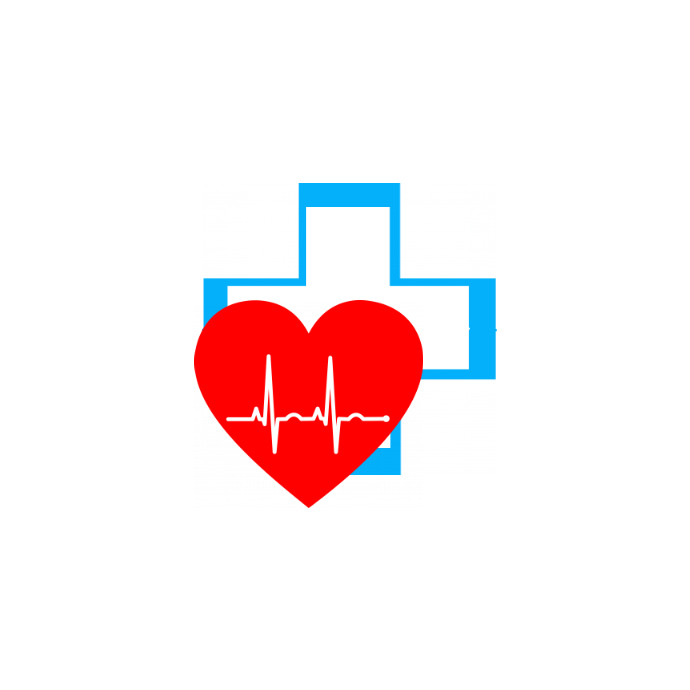
Hypotension, also known as low blood pressure, is a condition in which the blood pressure in the arteries is lower than normal.
Blood pressure is a measure of the force that blood exerts on the walls of the arteries as it flows through them. A normal blood pressure reading is typically around 120/80 mmHg, although this can vary depending on age, sex, and other factors. When the blood pressure drops to below 90/60 mmHg, it is considered to be low.
There are many different causes of hypotension, including dehydration, blood loss, heart problems, and certain medications. In some cases, hypotension may be a sign of a more serious underlying condition, such as sepsis or anaphylaxis. Hypotension can also occur as a result of certain lifestyle factors, such as excessive alcohol consumption or prolonged bed rest.
Symptoms of hypotension can vary depending on the severity of the condition. In mild cases, a person may experience lightheadedness or dizziness when standing up quickly. In more severe cases, a person may experience fainting, confusion, or even shock. Hypotension can also cause symptoms such as nausea, blurred vision, and fatigue.
Diagnosing hypotension typically involves measuring the blood pressure using a sphygmomanometer, which is a device that measures the pressure in the arteries. The blood pressure is measured in millimeters of mercury (mmHg) and is recorded as two numbers: the systolic pressure (the higher number) and the diastolic pressure (the lower number). A diagnosis of hypotension is made if the systolic pressure is below 90 mmHg or the diastolic pressure is below 60 mmHg.
Treatment of hypotension depends on the underlying cause of the condition. In cases where hypotension is caused by dehydration, increasing fluid intake can help to alleviate symptoms. In cases where hypotension is caused by an underlying medical condition, such as heart disease, treatment of the underlying condition may be necessary to improve blood pressure. In some cases, medications may be prescribed to increase blood pressure.
Preventing hypotension can be done by making certain lifestyle changes. Staying hydrated by drinking plenty of fluids and avoiding excessive alcohol consumption can help to prevent dehydration, which can lead to hypotension. Eating a healthy diet, getting regular exercise, and getting enough sleep can also help to maintain healthy blood pressure levels.
In conclusion, hypotension is a condition in which the blood pressure in the arteries is lower than normal. It can be caused by a variety of factors, including dehydration, blood loss, heart problems, and certain medications. Symptoms of hypotension can vary from mild lightheadedness to severe fainting, confusion, or even shock. Treatment of hypotension depends on the underlying cause of the condition, and preventing hypotension can be done by making certain lifestyle changes. If you are experiencing symptoms of hypotension, it is important to seek medical attention to determine the underlying cause and receive appropriate treatment.
Written by ProfT for Naijatipsland.com





![Grow 10 Pounds Of Potatoes In Just 30 Days With Plastic Containers [Video]](https://naijatipsland.com/wp-content/uploads/2024/11/466928459_444053232089974_5323815438965424433_n-100x56.jpg)





Nice one, most people only know about hypertension.